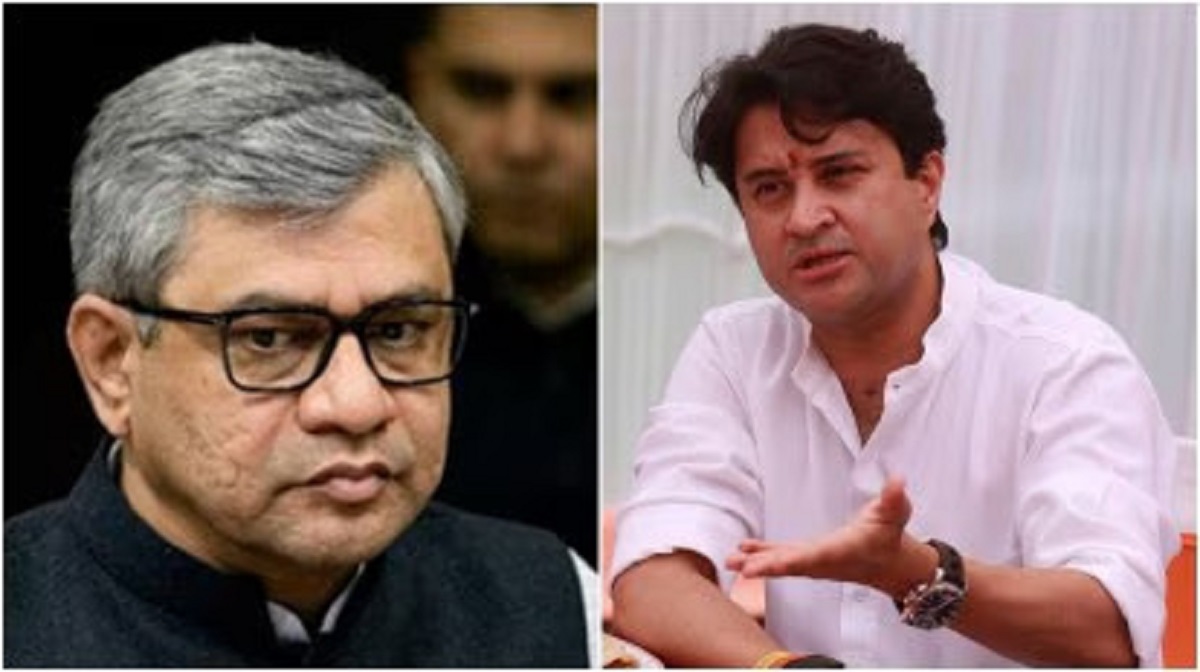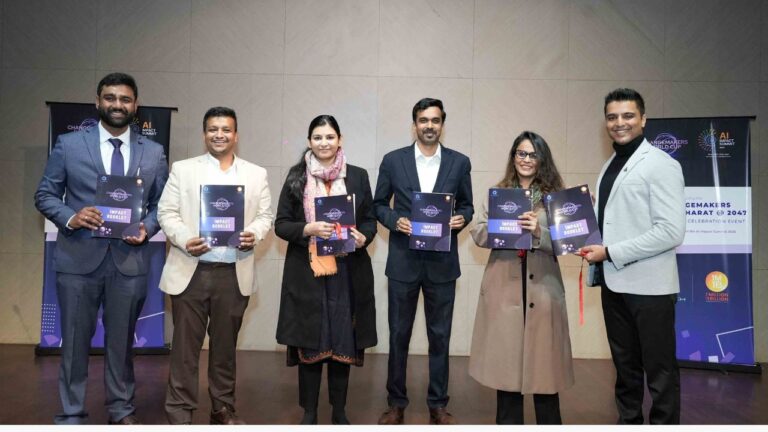
In a significant cabinet reshuffle, Ashwini Vaishnaw has retained his role as the Minister of Electronics and Information Technology (IT) and Railways. Additionally, he has been given the charge of the Information and Broadcasting Ministry. The Ministry of Communications, previously under Vaishnaw’s leadership, has been allocated to Jyotiraditya Scindia, who served as the Aviation Minister in the outgoing government. Scindia has also taken on the role of Minister for Development of the North Eastern Region.
New Appointments and Key Changes
Jitin Prasada, a prominent member of the Bharatiya Janata Party (BJP), has been appointed as the Minister of State for Electronics and IT, succeeding Rajeev Chandrasekhar. Chandra Sekhar Pemmasani, a Telugu Desam Party (TDP) MP from Guntur, has been named the Minister of State for Communications, replacing Devusinh Chauhan. Pemmasani will also serve as the Minister of State in the Ministry of Rural Development.
Focus on Digital Public Infrastructure
Over the past decade, the Narendra Modi-led National Democratic Alliance (NDA) government has placed significant emphasis on developing digital public infrastructure, such as the Unified Payments Interface (UPI). The entry of Reliance Jio into the telecom market has led to substantial reductions in data prices, increasing internet accessibility for millions of Indians.
Vaishnaw, who took on the role of IT and Telecom Minister in 2021, has quickly established himself as a key figure in the Union Cabinet. His tenure has been marked by significant infrastructure and regulatory achievements. Scindia, a former Congress member and close associate of Rahul Gandhi, was appointed as the Union Minister of Civil Aviation in 2021.
Digital India Bill and Semiconductor Mission
As the IT Ministry resumes its work, several key initiatives are on the horizon. One of the primary tasks is to initiate public consultations on the Digital India Bill, which will replace the current Information Technology Act, 2000. This new legislation aims to address the rapidly evolving technology landscape.
The India Semiconductor Mission will also require fresh funding and the approval of new projects. Additionally, the government will need to operationalize the Rs 10,000 crore IndiaAI Mission, which includes subsidizing private companies to establish AI computing capacity in India.
Implementation of Data Protection Act
The Digital Personal Data Protection Act, 2023, passed last year, is yet to be implemented due to delays in clearing subordinate legislation. At least 25 rules need to be operationalized to enforce the act.
Revival of BSNL
A key focus for the new government will be the revival of Bharat Sanchar Nigam Limited (BSNL). Last year, the Union Cabinet approved a revival package of Rs 89,047 crore ($10.79 billion) for the state-run telecom operator. However, BSNL has lagged behind its private sector counterparts and has yet to offer 4G and 5G services nationwide.
With Scindia at the helm of the Telecom Ministry and the Development of North Eastern Region Ministry, there could be a renewed push towards improving connectivity in the northeastern regions.
BharatNet Project
The BharatNet project, one of the largest rural telecom initiatives globally, aims to provide broadband internet connectivity to all rural areas. However, its rollout has faced several challenges. The new government will need to prioritize this project, which was first announced over a decade ago under the UPA government.
Telecommunications Act, 2023
Before the elections, Parliament passed the Telecommunications Act, 2023, but it has yet to be enforced. The new government will need to pass subordinate legislation to operationalize this law.
The reshuffling of key ministerial roles marks a strategic move by the government to address the evolving needs of the IT and telecom sectors. With experienced leaders like Vaishnaw and Scindia at the helm, the government is poised to tackle the upcoming challenges and continue its focus on digital infrastructure development.





